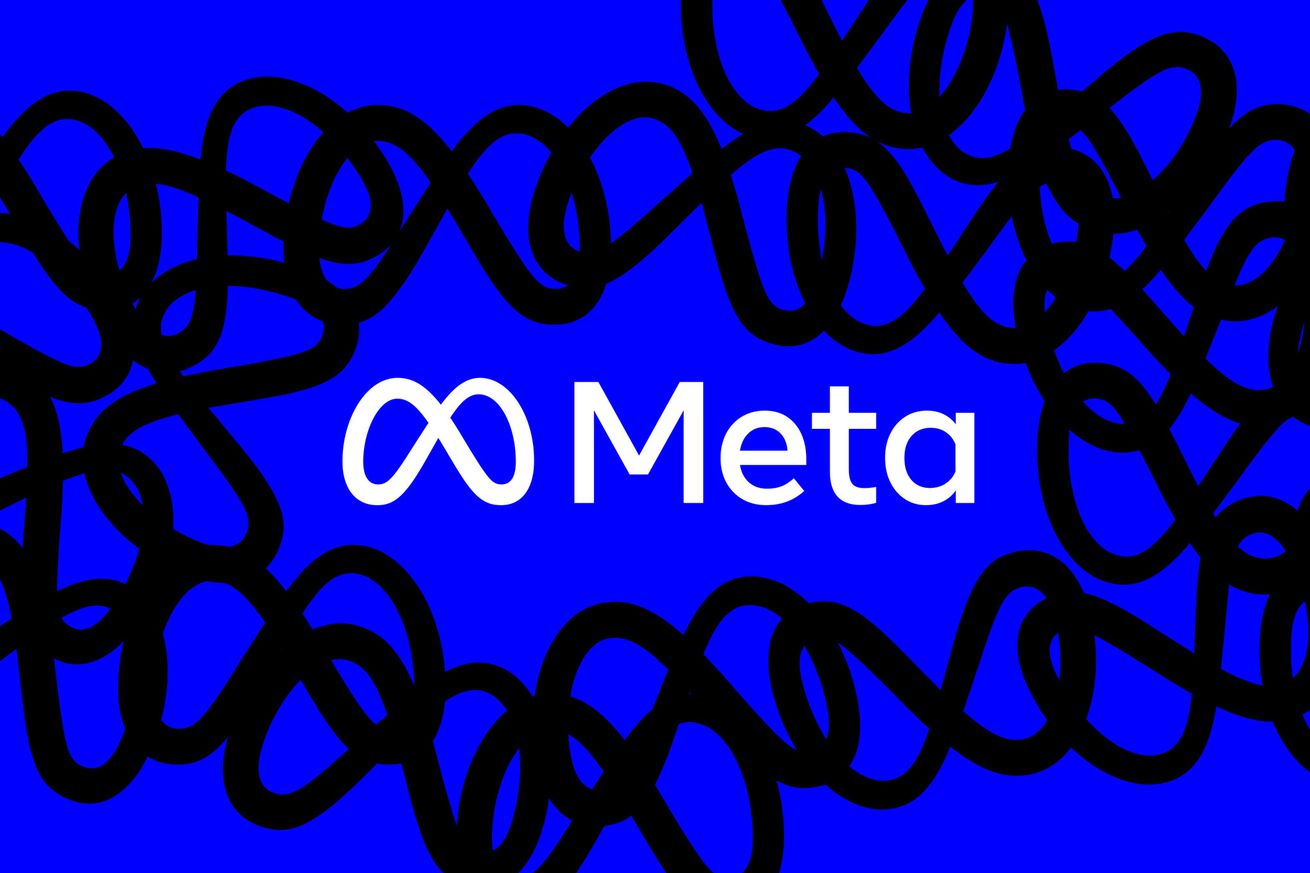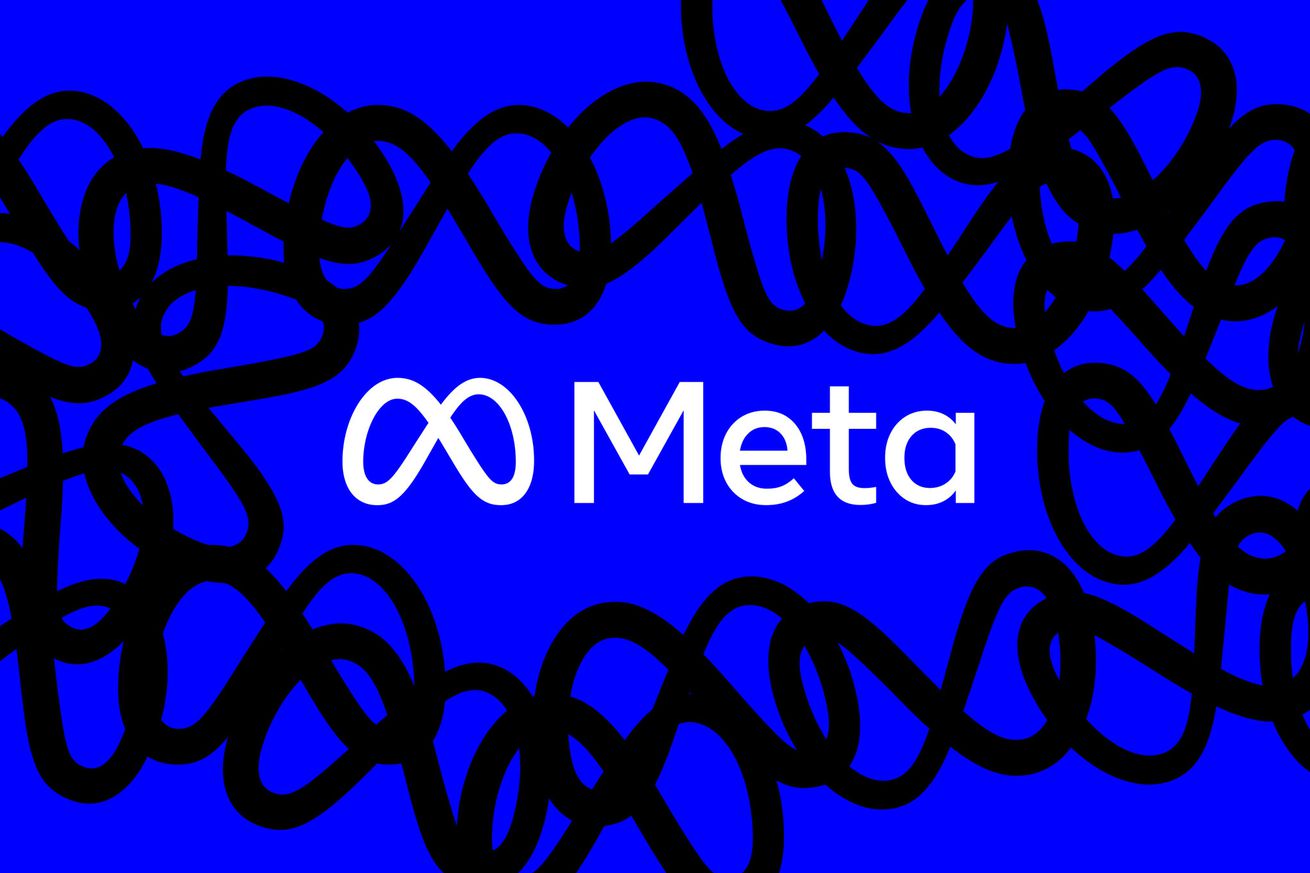
Judge throws out DC’s privacy lawsuit against Meta
A judge has dismissed the lawsuit filed against Meta by the attorney general of Washington, DC, which alleged Meta’s “lax” privacy policies led to the Cambridge Analytica scandal, as reported earlier by The New York Times. In a ruling on Thursday, Superior Court Judge Maurice A. Ross found that “Facebook did not materially mislead consumers as to their response to Cambridge Analytica.”
DC Attorney General Karl Racine initially filed a lawsuit against Facebook in 2018 — just months after reports revealed that the British consulting firm Cambridge Analytica had harvested the data of millions of users on the platform. At the time, Racine accused Facebook of misleading users about the amount of information third-party apps can obtain from users. Racine later alleged Meta CEO Mark Zuckerberg was “directly responsible” for the network’s privacy policies that led to the leak in a follow-up lawsuit filed last year.
In this ruling, however, Judge Ross argues that Meta took “a number of enforcement actions” against the third-party app in question, ordered it to delete the data it had on users, and started an investigation. “While the District may disagree with Facebook’s approach to the situation, there is no legal basis that required Facebook to act differently,” the ruling reads. “The actions that Facebook took were consistent with its stated policies.”
The Cambridge Analytica incident not only increased scrutiny surrounding Meta and its privacy policies but also resulted in a number of fines and lawsuits against the company. In 2019, the Federal Trade Commission slapped Facebook with a $5 billion fine, while Meta has agreed to pay $725 million to the users affected by the scandal as part of a class action lawsuit.
“We respectfully disagree with the Court’s decision and are considering all of our options,” Gabriel Shoglow-Rubenstein, the press secretary for DC’s office of the attorney general, says in a statement to The Verge. Meta declined to comment.

